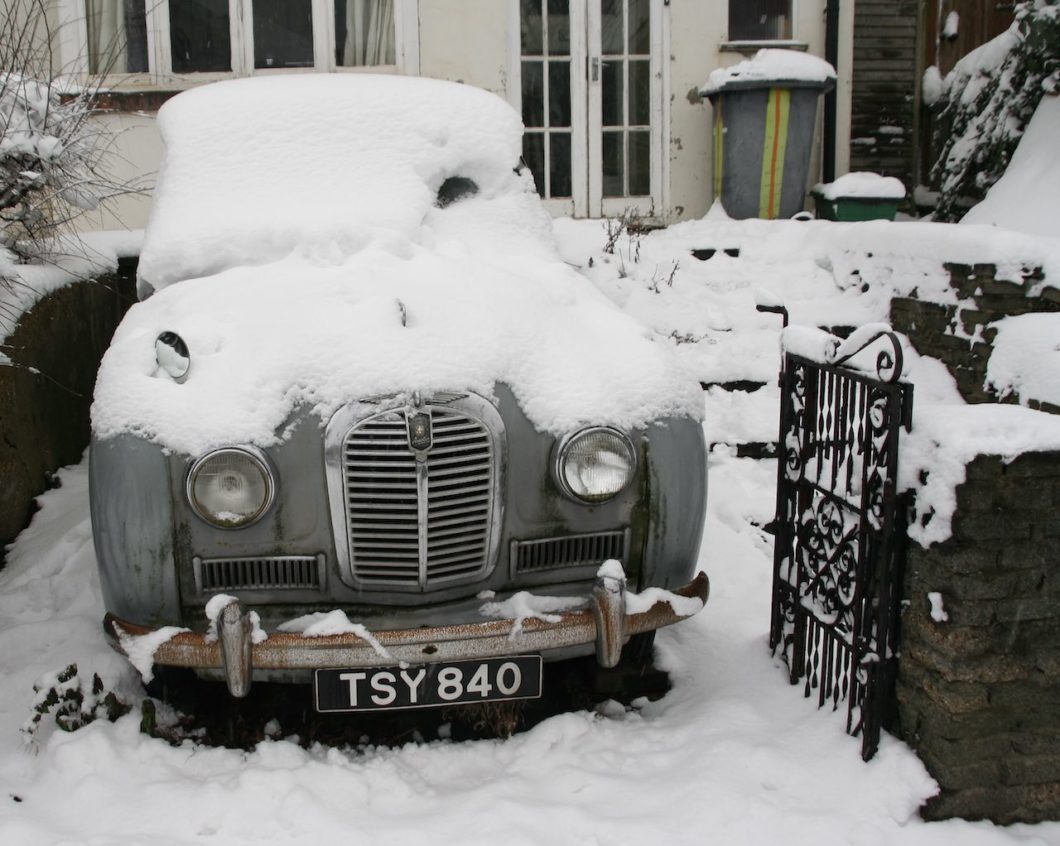Winter is coming! And now is the time to start preparing your classic car. Winter weather can be a big problem for lots of vehicles, leading to all manner of malfunctions, damage and possible break downs. If you plan to use your classic during the winter months then you need to carry out some basic checks to make sure you can stay driving.
Research conducted in 2018 found that most motorists were not prepared for winter, with a whopping 74% of them not even considering a standard battery check. This is shocking (pun intended) considering that dead batteries are the number-one cause of car break downs during winter.
In this article, we will share some expert tips for winter car care, helping you to prepare your car for the cold months ahead. These are simple tasks that will minimise your risk of breaking down and getting stranded in the snow this winter.
Expert Tips for Winter Car Care — Don’t Break down This Year!
Get Your Car Serviced
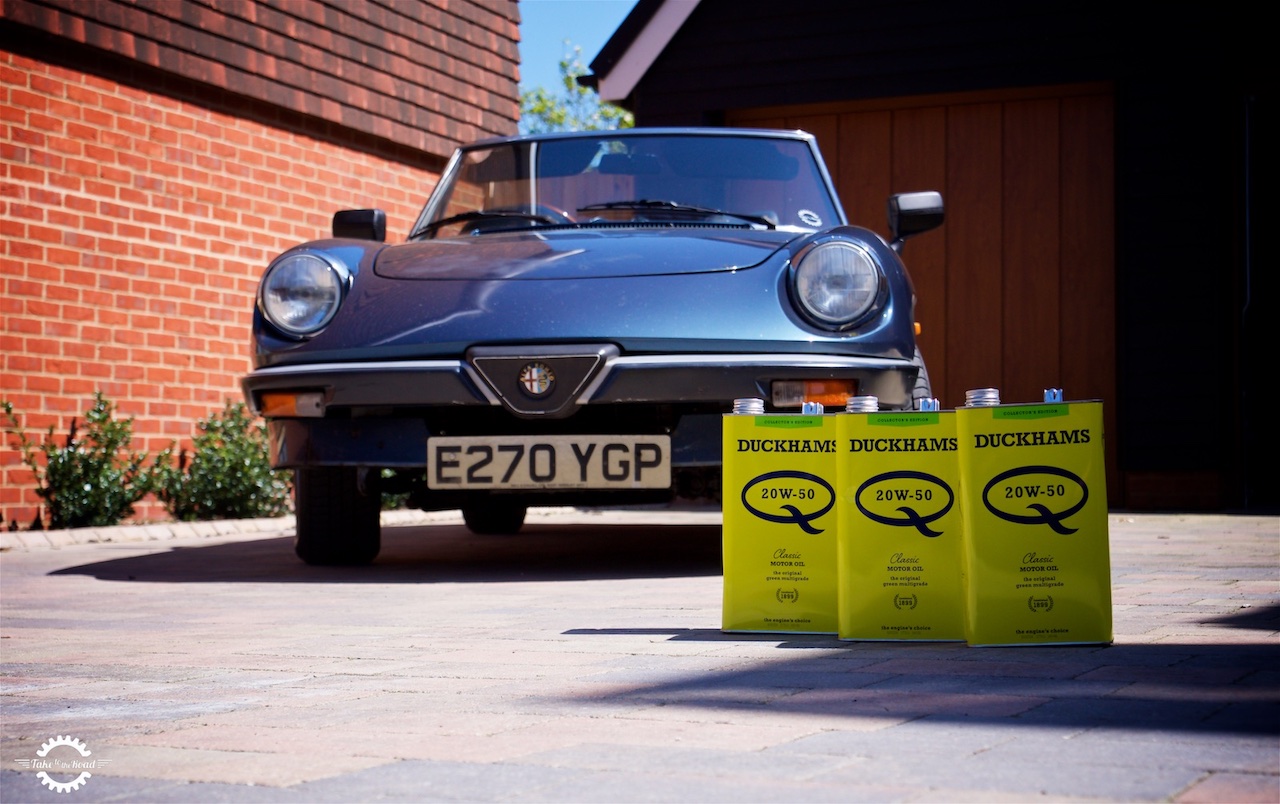
Getting a full car service should be the first step to preparing your car for winter. Why? Because a service will ensure every part of the vehicle is functioning optimally and any issues are resolved before heading out onto the road.
A full service will focus on the engine, batteries, brakes, fluids and wipers. These are the most common parts of the car that are likely to trip you up during winter. Most car issues experienced this time of year can be easily avoided with a full car service. And for classics, a recent oil change can help offset any potential wear to the engine. As it takes longer for the engine to warm up in colder months, old oil can increase wear of the engine, which is the last thing your old motor needs.
Check Your Battery
A dead car battery is the number-one issue motorists face during winter. When you own an old car checking the battery should be a priority and it is a routine maintenance check you should already be used too. The cold temperatures over the winter months will reduce the output of the battery, and the increased use of the lights and heater will put an extra strain on it. This can be exacerbated if your alternator or dynamo isn’t working at full capacity. If that happens you could drain your battery while driving on the road, which is never a fun experience.

Car batteries last around five years before needing to be replaced. If you’re not sure of the age of your battery, you can get this checked by your local garage and replaced if needed. If you break down this winter due to a dead battery, you will need to jump-start the car to get it going again.
Learning how to jump start your car is an essential skill that you can keep for life. Take the time to learn the method before hitting the road this winter and always bring a jump pack with you just in case. Oh and don’t forget to charge the jump pack too!
Stock up on Antifreeze Products
You will need engine coolant with antifreeze to ensure your engine does not get damaged by the cold. Using a 50/50 mix of coolant and water will do the trick. You will need to top it up throughout the winter months, as it will become diluted over time.
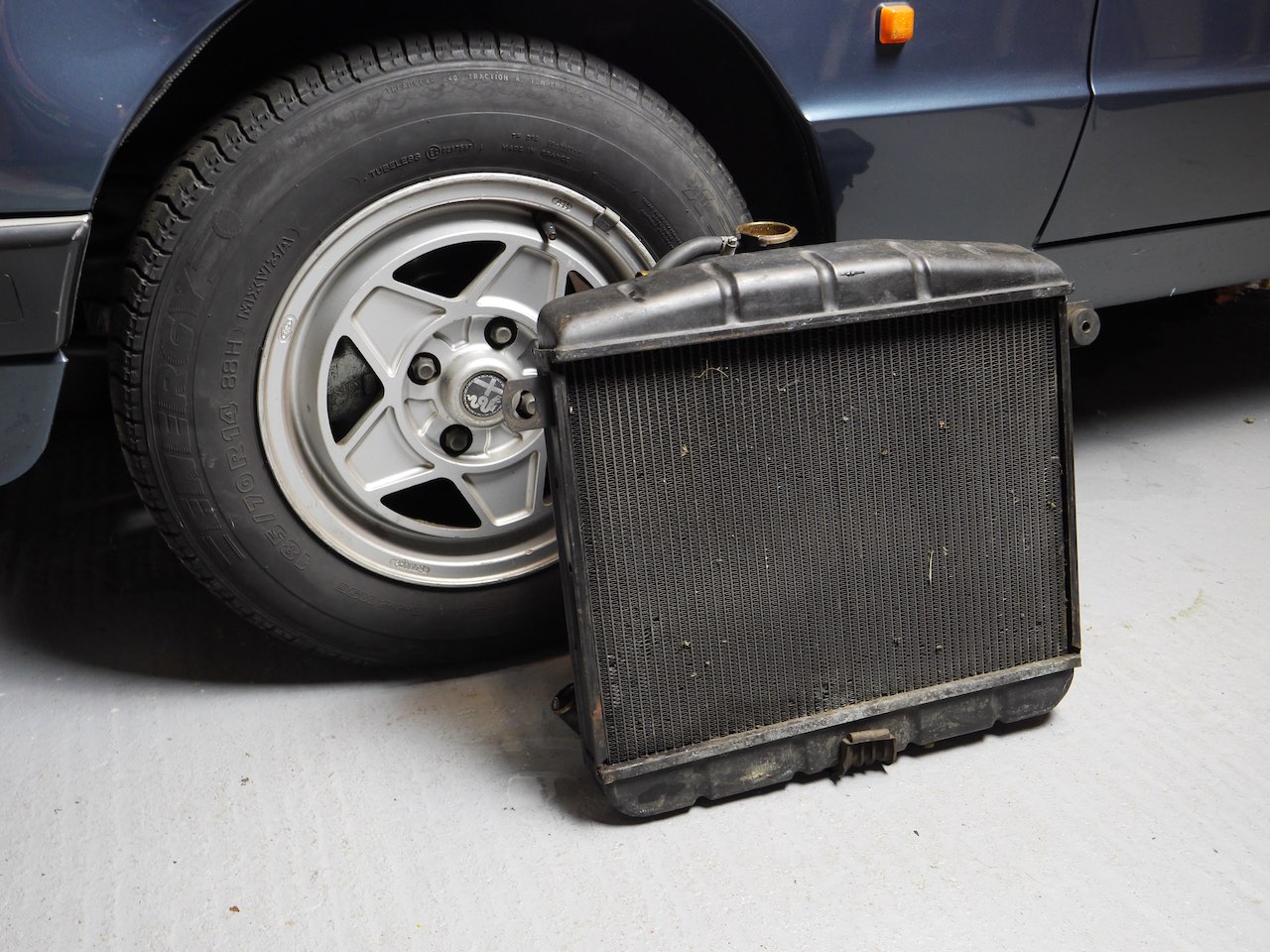
Don’t make the mistake of topping up with just water. This will dilute the antifreeze, and when winter creeps in, your engine will become vulnerable to some severe damage and a hefty repair bill. It is also a good idea to carry some antifreeze with you along with a bottle of distilled water. That way you can top up if your coolant levels drop when you are on the road.
Don’t forget antifreeze for your windows too. A tremendous amount of car accidents occur because the driver tries to drive while the windows are defrosting. Buy some antifreeze so you can clear the window of ice quickly before starting your journey. But if you own a classic, you’ll know already the important of getting the glass clear and that heater warmed up before you set off.
Check Your Tyres
Winter means cold air and ground temperatures, which means ice. Ice results in slippery conditions on the road, which often lead to accidents when cars lose grip. Ensuring your tyres are winter-ready is vital. Your tyres don’t just keep you on the road, they affect the quality of your steering and braking system too. When you get your car serviced for the winter make sure one item that gets checked is the tracking. If your cars tracking is off, it will affect the steering and braking which can contribute to an accident.
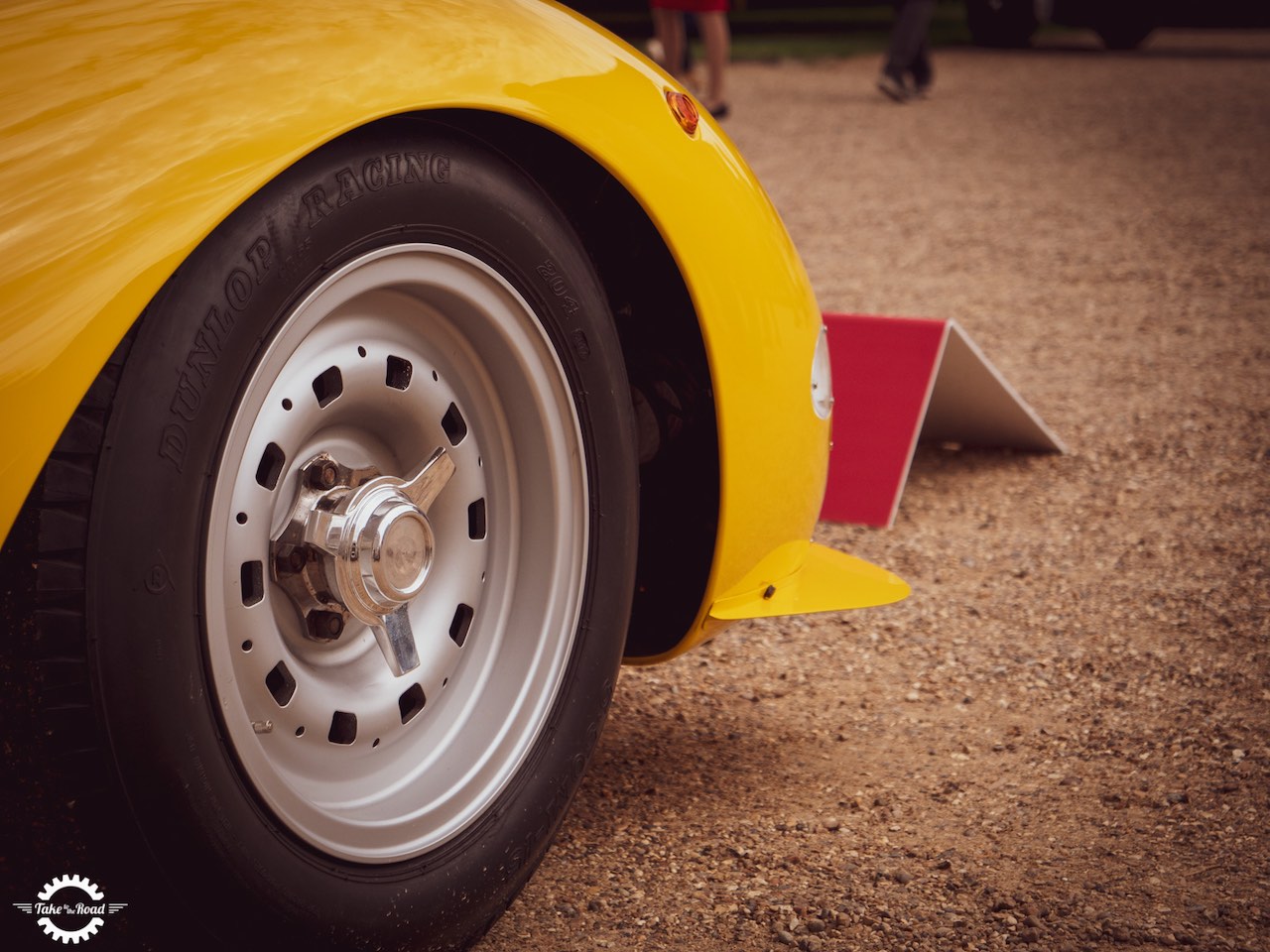
You will also need to check your tyre pressure and tread depth. It’s recommended that your tyres have a minimum of three millimetres’ depth during the winter months to give you the best grip possible.
If you live in a particularly snowy region, you may want to consider switching your regular tyres to winter tyres for even more grip and stability on the ice and snow. Winter tyres greatly increase the stopping distance of a car over summer tyres. So if you plan to use your classic a lot over the summer, it might be worth investing in a set of winter tyres.
Final Winter Car Checks
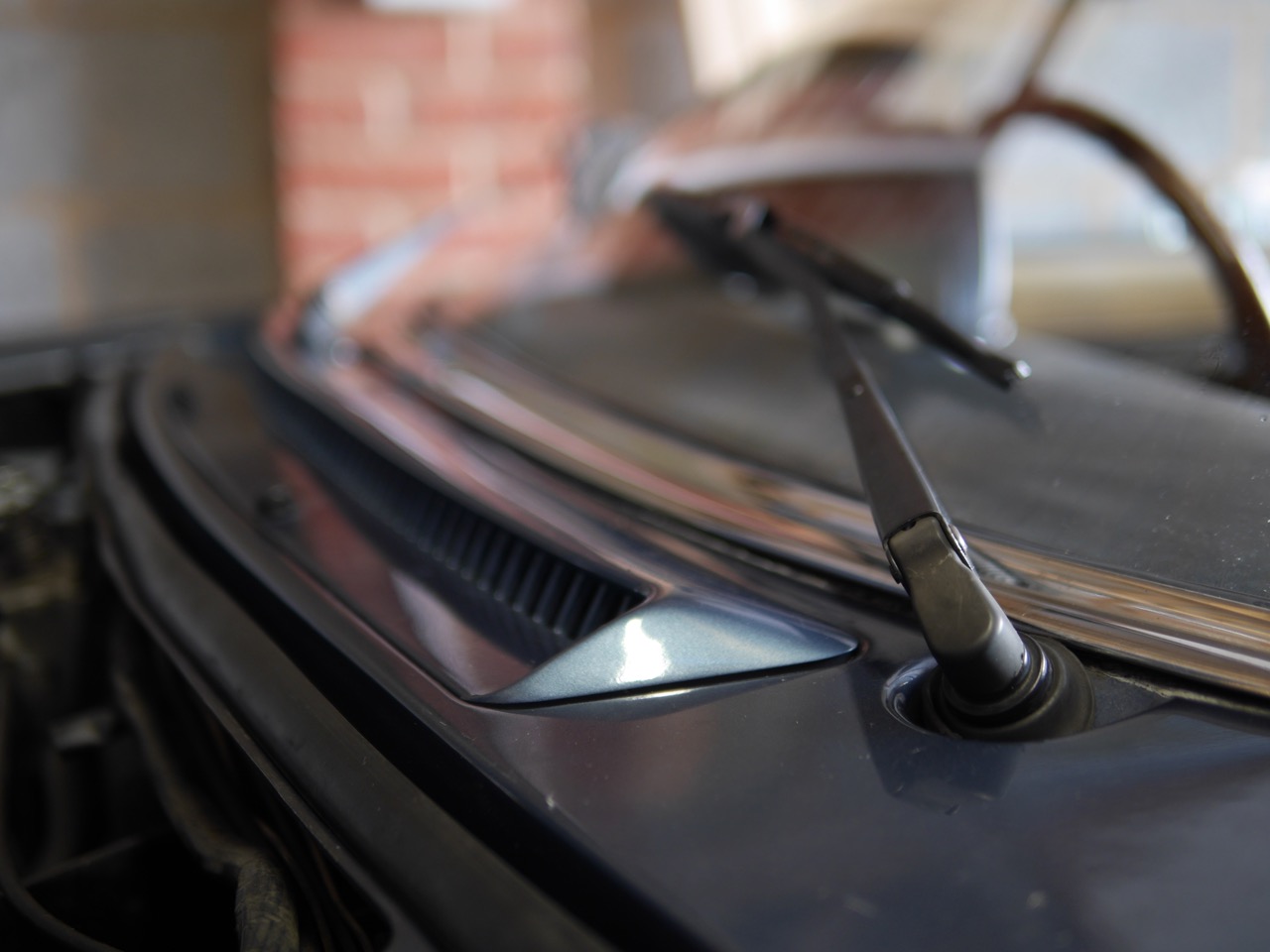
Above are your essential winter car checks. Beyond these, you will also want to:
- Clean your lights to improve visibility.
- Wash your windscreen.
- Check your wipers are working correctly, and replace them if necessary.
- Carry a winter car kit including a shovel, torch, blanket, hi-vis clothing, screenwash, coolant, ice scraper and de-icer, spare fuel, warm footwear, food and drink and a power bank to charge your mobile.
- Check your car-insurance cover is adequate.
- Plan long journeys out, and let people know which route you are taking.
You should now be fully prepared for anything winter might throw at you while driving this year. Make sure you prepare your classic car using the advice above, check the weather, plan your journey, drive safely and enjoy yourself.
This is a Take to the Road Collaborated Post

